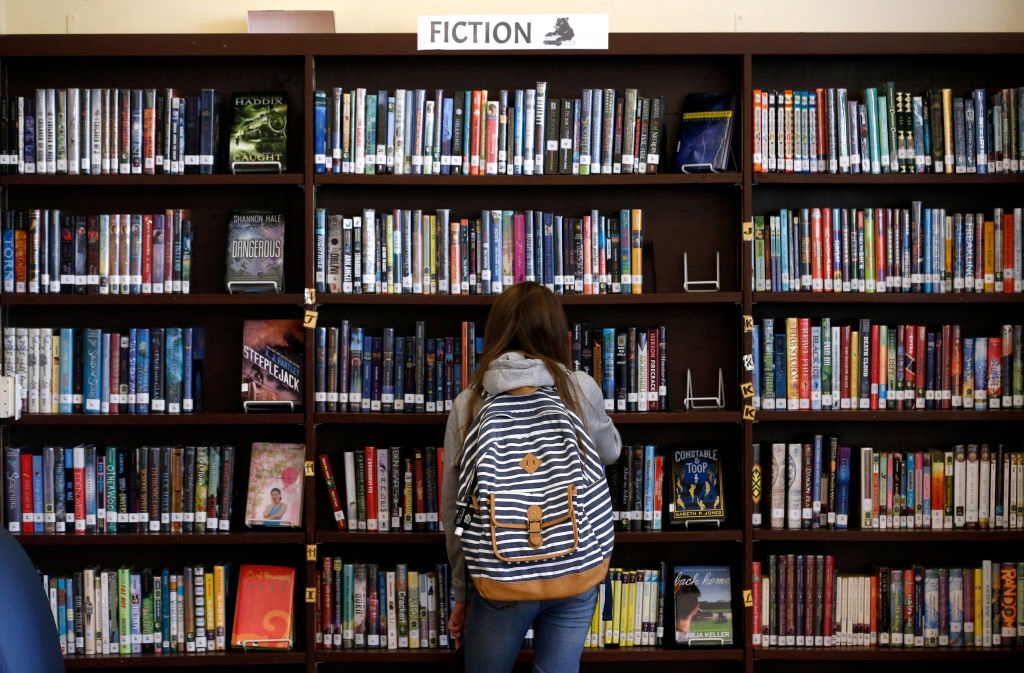Ira Wells
You’re quite right that book banning and censorship have been around for centuries, really since the origins of literacy, and certainly since the printing press. Historically, books were often banned because they were heretical or deemed dangerous to the ruling order —whether that was a monarch, a religious authority, or a political order. They might have been considered pagan or otherwise seditious or immoral.
Later, through much of the twentieth century, we saw state sponsored book banning. In Canada, for example, book banning has its origins in the first sitting of the Canadian Parliament, where they passed the Customs Act, which gave the customs officers power to keep obscene books out of the country.
Censorship is usually a tool the powerful use to consolidate their power.
Throughout the twentieth century, you see different kinds of state-sponsored book banning taking place through attempts to ban books at a national level. You see this with Lady Chatterley’s Lover or Ulysses, or Allen Ginsberg’s Howl. In the United States, many of these bans were ultimately overturned and helped establish key First Amendment precedents.
But much more recently, the nature of book banning shifted. It has been taken up by anti-government organizations like Moms for Liberty, No Left Turn in Education, and other sorts of COVID-era parents’ rights organizations.
I think what happened here is that there was a confluence of legal changes, First Amendment jurisprudence, and cultural changes. It became much harder to ban books at a national level. But it became much easier — if you were of that censorious state of mind — to weaponize the systems that libraries had in place to challenge books in a much more concerted way.
So, now we see these groups circulating lists of books to target — often LGBTQ titles — which they claim are indoctrination…
Auteur: Ira Wells

